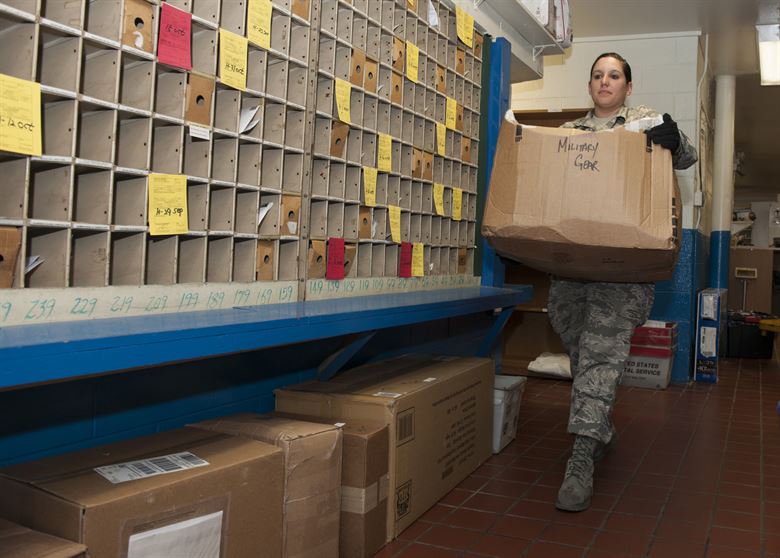Public trustees are often appointed to execute and handle a person’s will, and this can include just one aspect of the will or every detail associated with it. In Australia, public trustees are regularly audited, maintain a certain autonomy from the government, and are strictly regulated. This means you can trust them to do their job properly and to be honest, and if you are contesting a will, these entities play a significant role. They can often be appointed as the attorney over the will, and many of the powers they get are through the assigning of powers of attorney. There are different ways they can assist you, but everything regarding this procedure can be explained if you have the right attorney, which decreases the odds of any problems later on in the process.
Different Types of Assistance Are Offered
Public trustees offer two basic types of assistance, which are:
- An active assist, which enables them to take care of things such as the payment of bills, collecting income, investment of any surplus savings, and any property management tasks
- A future assist, which is essentially a safety net that allows you to use them on an “as needed” basis
With an active assist, you can manage some of the financial tasks yourself if you prefer, but the trustee is in charge of the overall operation. A future assist only applies when the services are needed, such as when you are unable to perform the job yourself. A public trustee in NSW is essentially there to make sure that every citizen has access to affordable and professional trustee services, and they always take these responsibilities seriously. Trustees can be public- or state-appointed, and once established, they are perpetual entities.
Responsible for a Variety of Duties
Public trustees can settle disputes concerning a will, provide independent information when necessary, keep the beneficiaries in the know about aspects of the will, manage all of the deceased’s estates until they are properly and formally inherited, and most importantly of all, ensure that the deceased’s last wishes are respected. They provide continuous updates to the beneficiaries, advise them on what to do next when necessary, answer beneficiaries’ questions, and take into consideration the views and wishes of the beneficiaries. If a trustee is handling the estate and the will, they can help you when you wish to contest the deceased’s will as a trustee is simply an organisation that is in charge of your loved one’s will.
Contesting a person’s will can be a bit challenging, but a public trustee can help get the process started once it is determined that you have a good reason for contesting the document. A good trustee or personal attorney can help get the ball rolling and will make sure you understand what is going on the entire time. Wills are always taken seriously in a court of law, but like other documents, they can be revised when absolutely necessary. Public trustees can help, and they make everything simple and convenient on your part.






